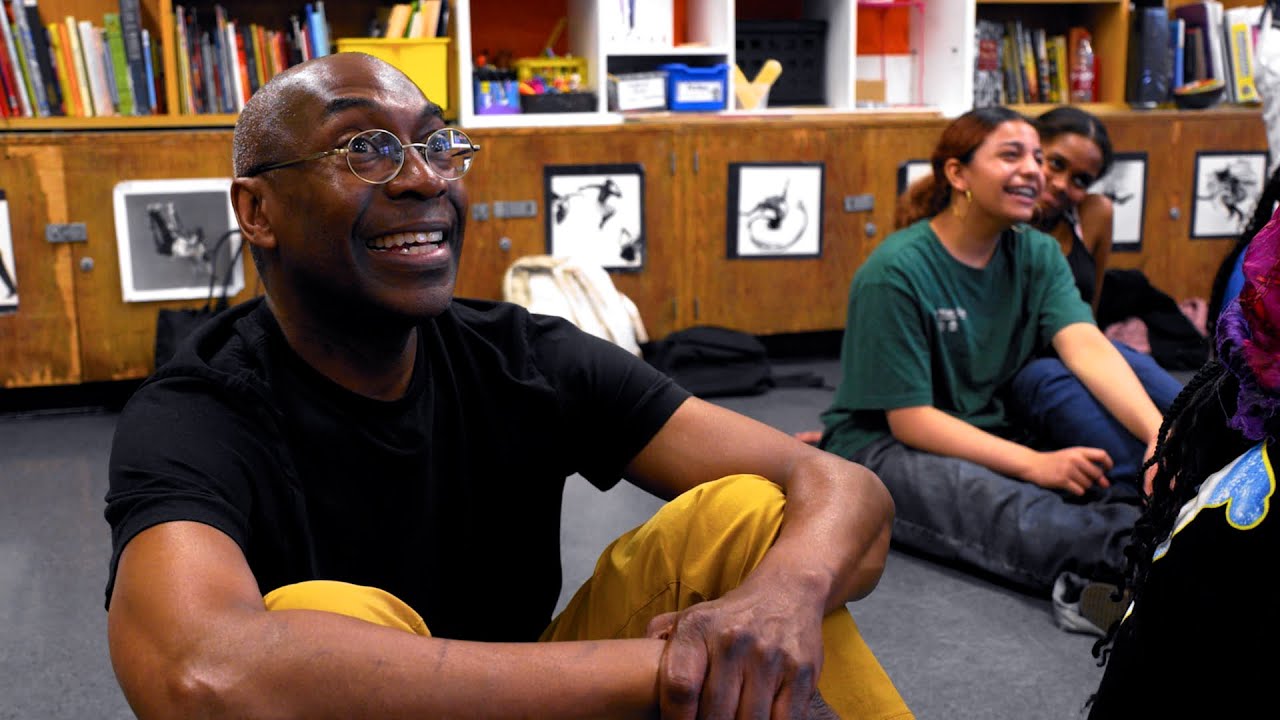[ad_1]
We don’t communicate so much about civic character, nevertheless we should at all times. When it’s missing, our faculty college students don’t get along with one another. There’s not numerous acceptance of distinction. Arguments are widespread, and disputes are typically settled with insults, intimidation, or outright violence. Pessimism and anxiousness are widespread. And faculty rooms and colleges common mustn’t correctly maintained. The basic angle is, “There’s nothing I can do about it” or “Why must I care?”
Consistent with Character.org’s Nationwide Suggestions for Character and Social-Emotional Progress, civic character is a set of strengths and experience that enable faculty college students to know the excellence between what’s truthful and unfair; to cope with all of us with respect, courtesy, and dignity; to recurrently volunteer and serve others; and to contribute time and effort in direction of the widespread good.
It’s onerous to consider ending up these actions and never utilizing a set of sound social and emotional competencies. Nevertheless having these competencies would not mechanically suggest faculty college students will flip them in direction of civic character and engagement.
Setting up Civic Character Every Day
There are small points that lecturers can do recurrently—in any case every marking interval—that may, over time and with apply options, assemble all faculty college students’ civic character. Listed below are examples, drawn partially from the Nationwide Suggestions.
Kindergarten to grade 2, ages 5 to 7: From this early age, children are finding out to be civically engaged of their faculty rooms. It begins with finding out tips about easy methods to share, take turns, adjust to tips, and be respectful, courteous, and effectively mannered to all others of their class.
With some children better than others, you may should elucidate what it means to work together in these behaviors and why it may be essential (significantly by means of classmates’ feelings). You likely should fast or remind them about these behaviors after they neglect.
It’s moreover a good time to model what it means to level out empathy and supply help to classmates experiencing difficulties. Most kids this age mustn’t sure what to do when classmates seem distressed. Now’s the time to level out them it’s OK to be concerned and tips about easy methods to do it in a fashion that each teenager will likely be comfortable with.
Grades 3 to 5, ages 8 to 10: This can be a excellent age to work with faculty college students to find out a algorithm for the class—a kind of “Classroom Construction.” Children will likely be very delicate as to whether or not they’re being dealt with fairly, and they also revenue from clear statements about tips about easy methods to talk to, cope with, and act in direction of one another.
Having frequent classroom meeting situations all through which faculty college students can share after they’ve dealt with fairness and unfairness, respect and disrespect, and helpfulness and selfishness will help them work together inside the give and take of classroom life.
Grades 6 to eight, ages 11 to 13: I labored with a middle faculty principal who had his lecturers, every marking interval, ask faculty college students to share their options to the question, “What kind of class or faculty do you need, and what can we—staff and likewise you—do to make that happen?” For lots of school college students, it’s a revelation that they’re going to have an effect on their classroom or faculty.
After a 12 months of these conversations, it’s onerous to hold faculty college students once more. They develop into further attentive to the importance of civic engagement in colleges, neighborhoods, and the broader world. There are improbable property obtainable, corresponding to those lesson plans, for language arts, historic previous, and music lecturers to introduce faculty college students to the language and music of protest and civil disobedience and the place of administration, along with of their faculty rooms.
Lastly, as faculty college students are finding out about essay writing, take into consideration giving them options to write down down about situations they engaged in or heard about volunteer or neighborhood service actions, encountered fairness and unfairness, impressed others to be helpful, or spoke up or took movement to keep up others from taking part in dangerous, harmful, or disrespectful habits.
Grades 9 to 12, ages 14 to 18: The first focus at this age is to get faculty college students to non-public and dwell their beliefs. As options naturally come up in your classes, drawback faculty college students to inform aside between complaining and being devoted to making a change; tolerating these which can be utterly completely different and treating them with dignity; being part of a gaggle, group, or group (or class) and actively collaborating.
Periodically ask faculty college students what factors or causes they personally care about that mainly matter to them. Have them work with one another to plan small actions they will take collectively that are aligned with their commitments. Encourage faculty college students to go looking, share, and attend public conferences after which carry these experiences once more to the classroom or the school common (possibly in a publication dedicated to sharing such experiences).
Setting up Civic Character By way of Service-Learning
Serving to school college students actually really feel a method of service and obligation to their faculty promotes civic character. A report by the Nationwide Youth Administration Council and Character.org, Creating Scholar Leaders By way of Service-Learning, outlines how service-learning from kindergarten by twelfth grade helps all faculty college students to be civic people.
Every coach can talk to school college students about their duties for the care of their faculty rooms, hallways, and faculty grounds and for the comfort of their classmates and schoolmates. Mobilize their empathy and compassion to understand {{that a}} caring and supportive faculty is a better finding out and residing environment for everyone.
Some matter house lecturers will further naturally have the flexibility to cope with issues related to civic character. Having faculty college students mirror on concepts like justice, fairness, the widespread good, respect, and civic obligation in language arts, the seen and performing arts, effectively being, social analysis or historic previous, and science can occur with none important altering of the curriculum. In spite of everything, having a major scholar authorities by means of which many faculty college students participate (previous the elected leaders) goes an excellent distance in direction of developing civic character.
[ad_2]
Provide hyperlink



